Movies
Latest about Movies
-
-

Zoe Saldaña Was Living Her Best Fourth Of July Life With A Bikini, A Hat And A Blue Golf Cart
By Riley Utley Published
-

Charlize Theron Breaks Her Silence On Joining Christopher Nolan’s The Odyssey
By Ryan LaBee Published
-
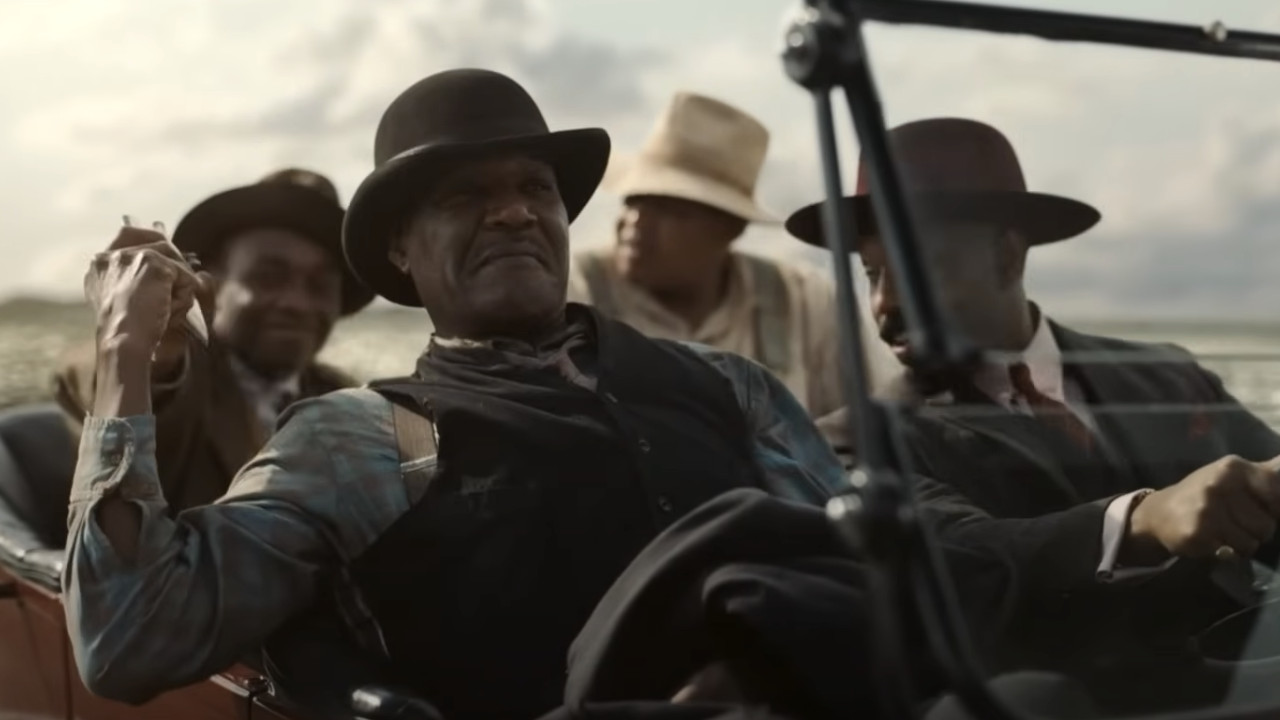
Yes, I Love How Good Sinners Is, But Can We Just Talk About The Representation For A Minute?
By Rich Knight Published
-
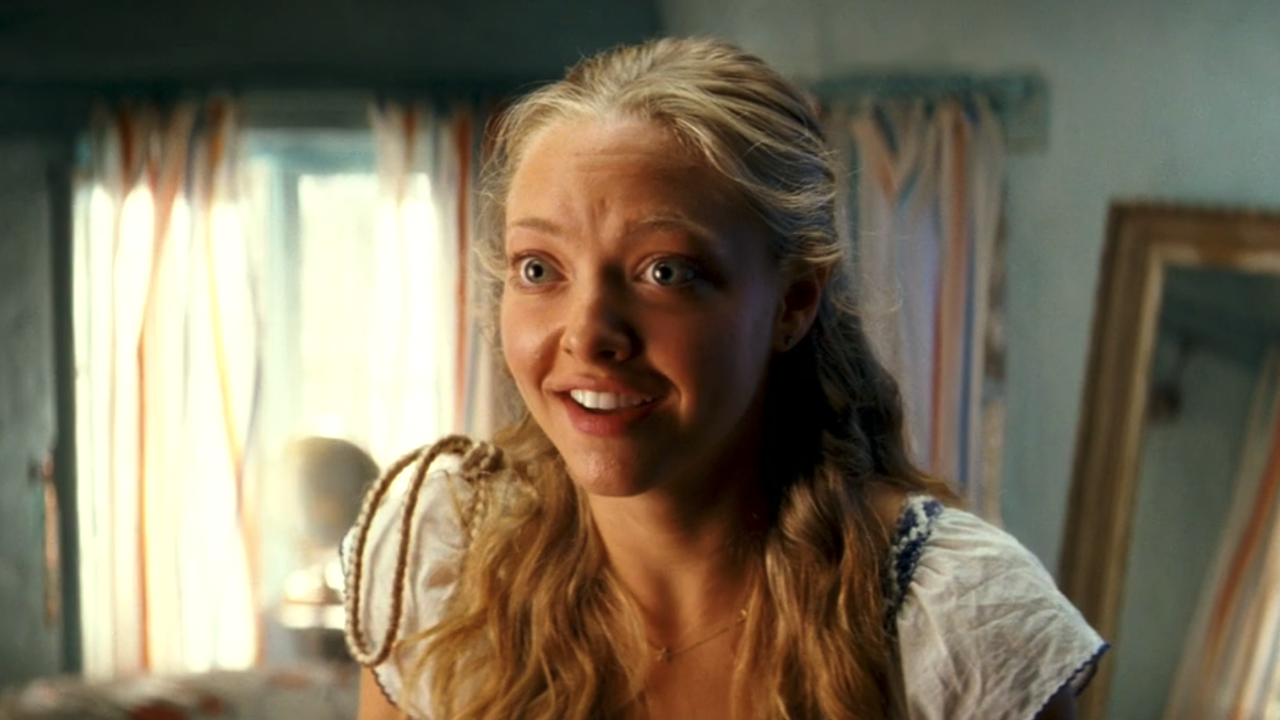
Amanda Seyfried Says There’s ‘Fatigue’ When It Comes To Sequels, But I Also Appreciate Her Humorously Honest Comment On Her Own Career
By Carly Levy Published
-

One Way Disney's Elio Is Actually Really Accurate, According To The U.S. Space Force
By Sarah El-Mahmoud Published
-
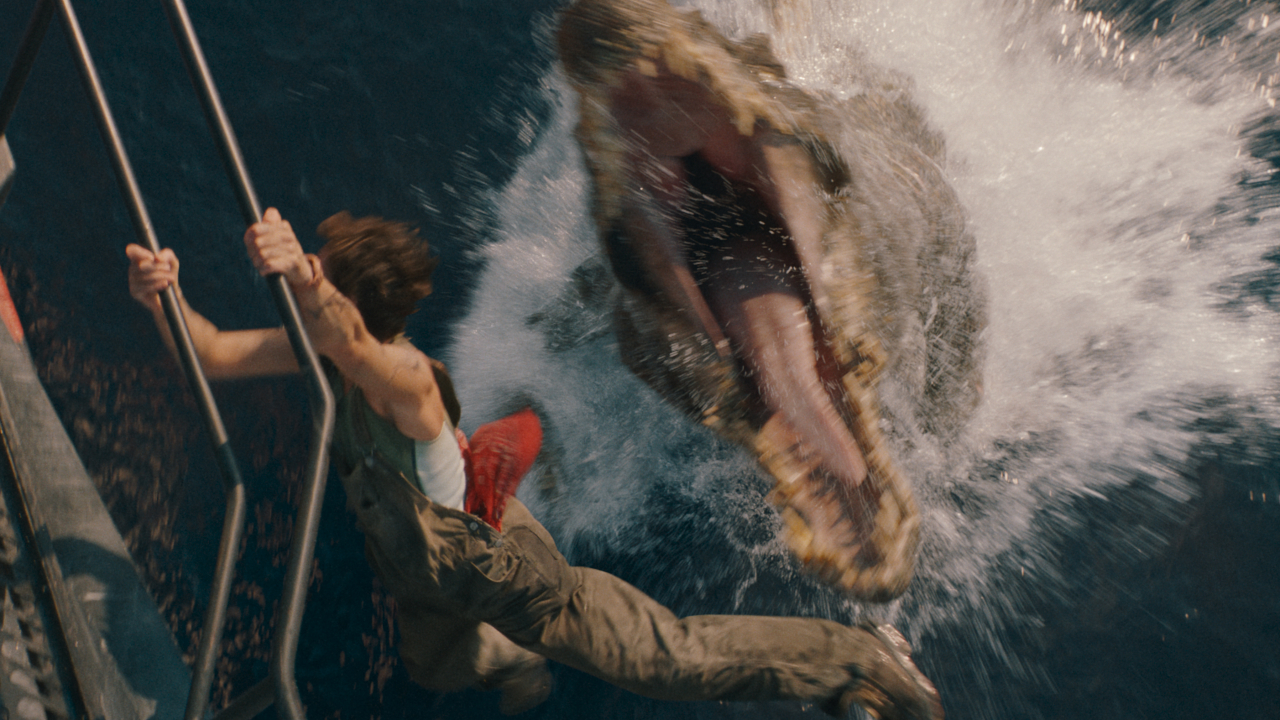
Jurassic World Rebirth Cuts Ties From Jurassic Park, And I'm Excited What It Means For The Future Of The Franchise
By Eric Eisenberg Published
-
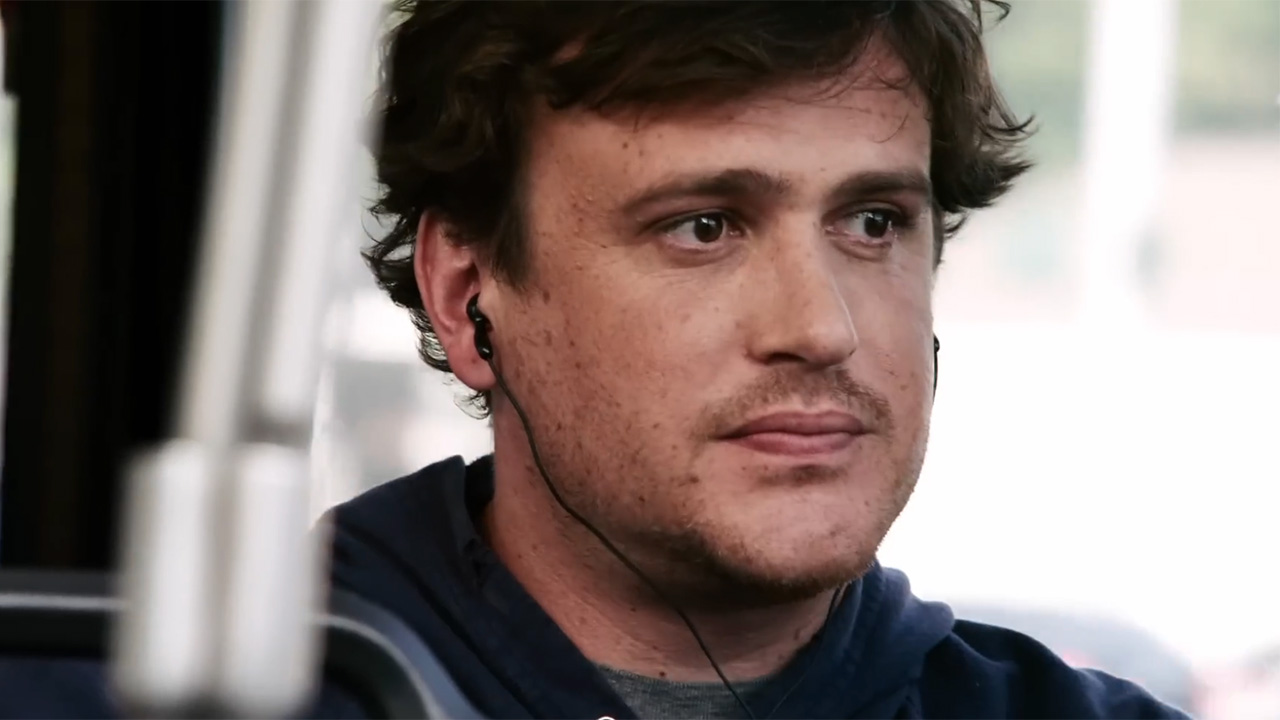
Jason Segel 'Gained A Bunch Of Weight' On A Movie, And He Can Still Remember The Brutal Personal Jabs When It Came Out
By Jessica Rawden Published
-
Explore Movies
Box Office
-
-
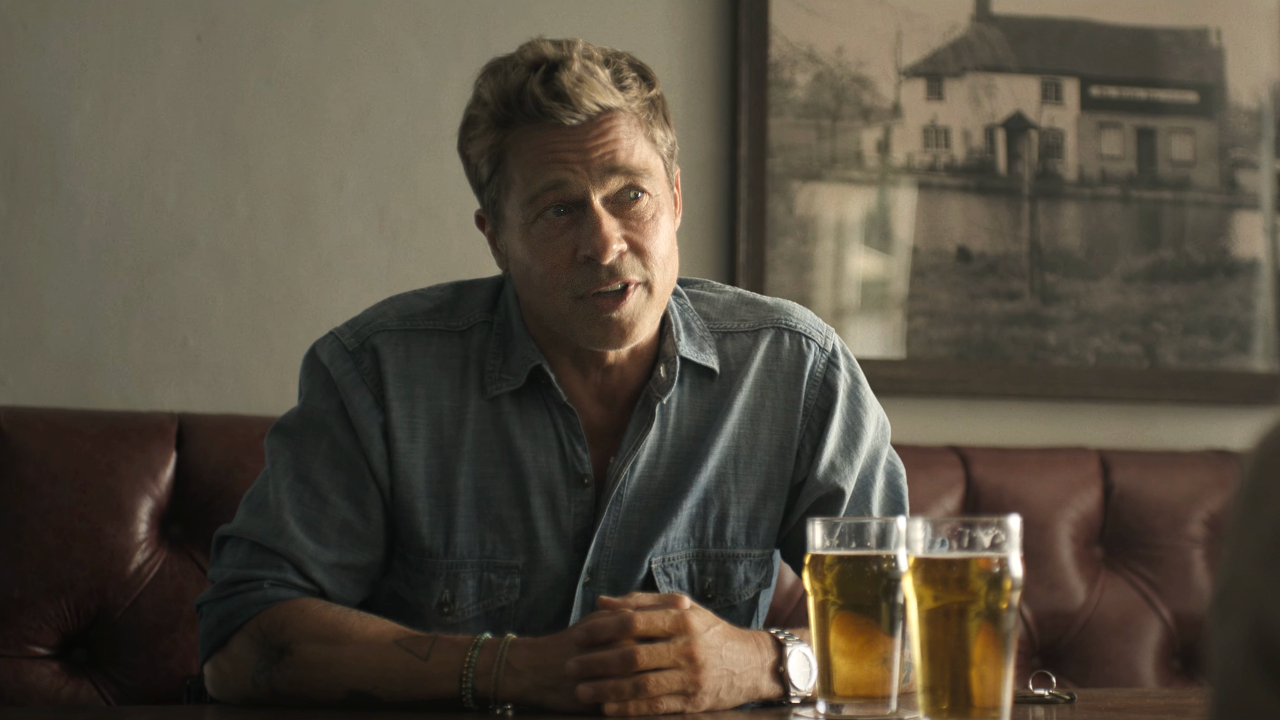
F1 Races To First Place At The Weekend Box Office, Successfully Leaving M3GAN 2.0 In Its Dust
By Eric Eisenberg Published
-

How To Train Your Dragon Won The Weekend Box Office Again, But 28 Years Later And Elio Had A Surprising Battle For Second Place
By Eric Eisenberg Published
-
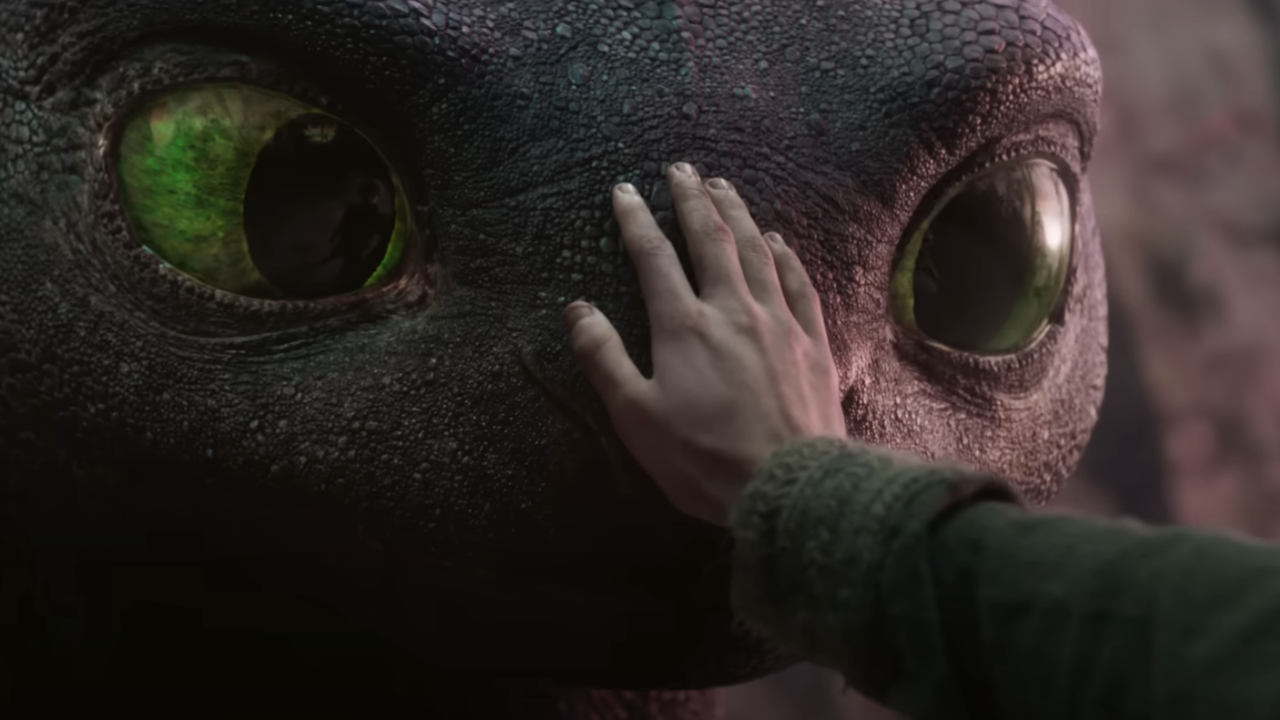
How To Train Your Dragon Smokes Lilo And Stitch In A Battle Of The Live-Action Remakes At The Weekend Box Office
By Eric Eisenberg Published
-
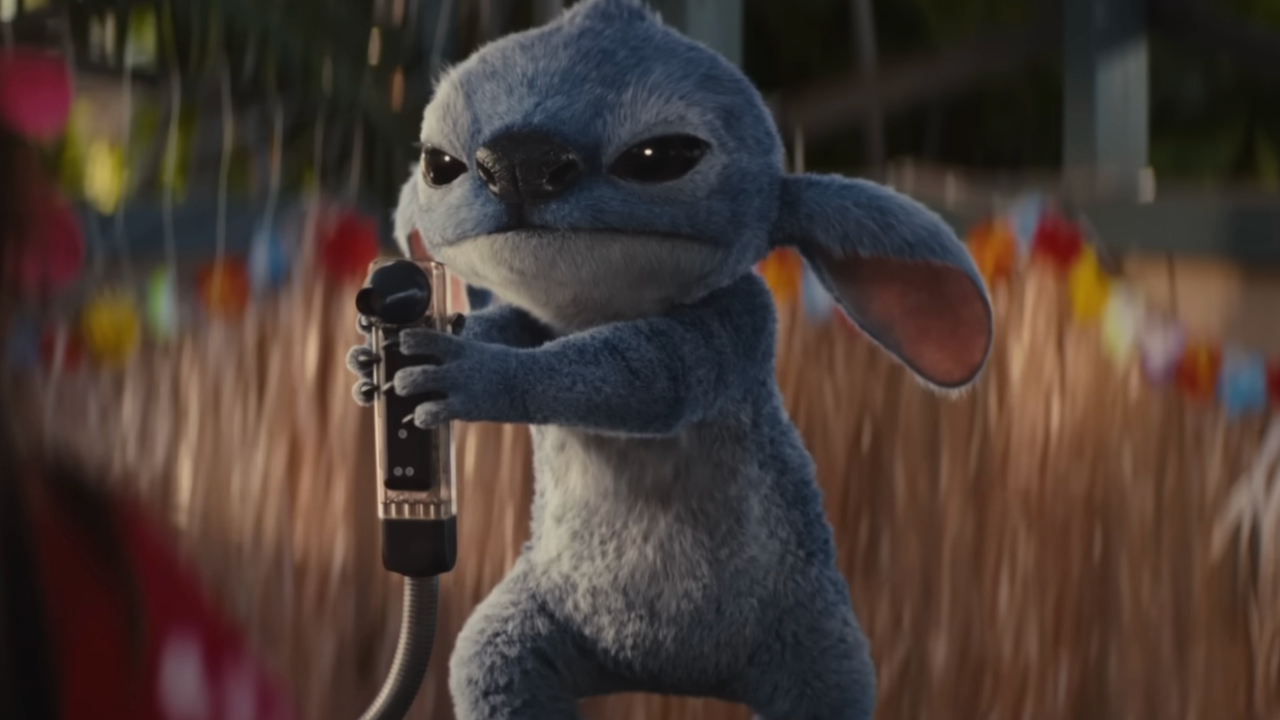
Lilo & Stitch Tops The Weekend Box Office Again As Ballerina Fails To Perform Up To High John Wick Standards
By Eric Eisenberg Published
-

Lilo And Stitch Dominates The Box Office Again As Karate Kid: Legends Can't Quite Keep Up With The Disney Movie Or Mission: Impossible
By Eric Eisenberg Published
-
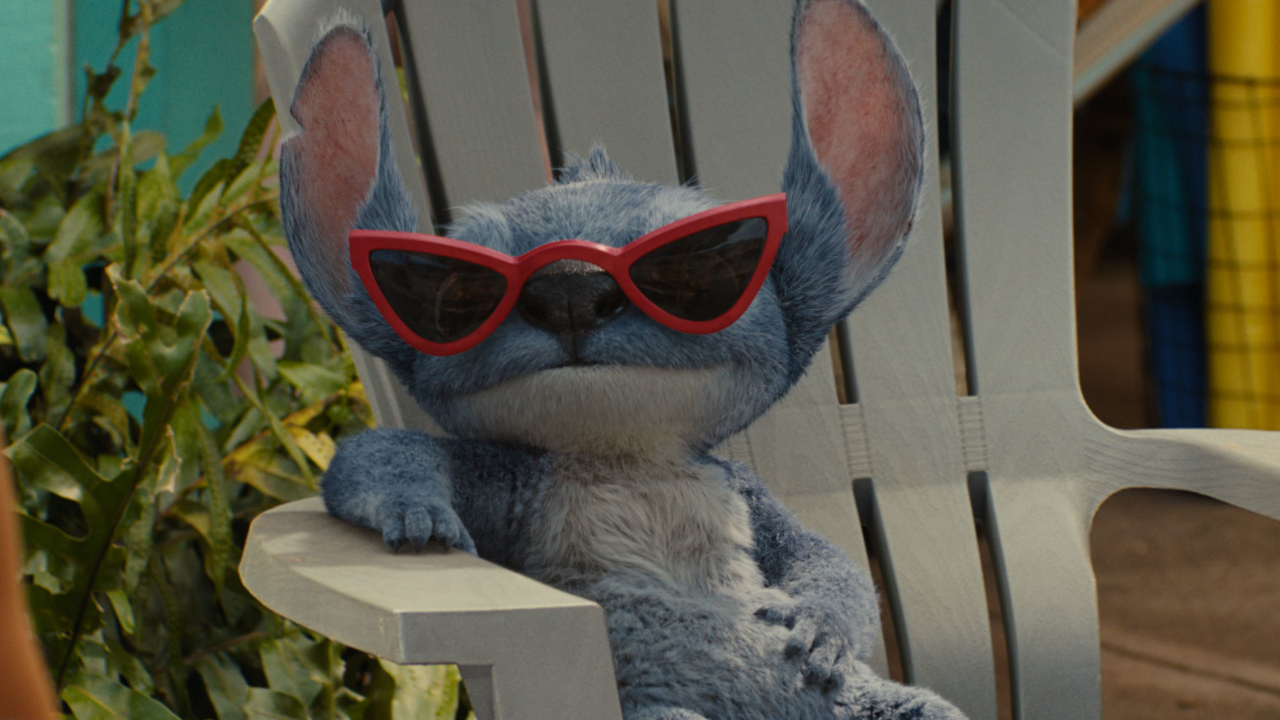
Lilo & Stitch And The New Mission: Impossible Clashed At The Box Office This Weekend, And There Was A Clear Winner
By Mack Rawden Last updated
-
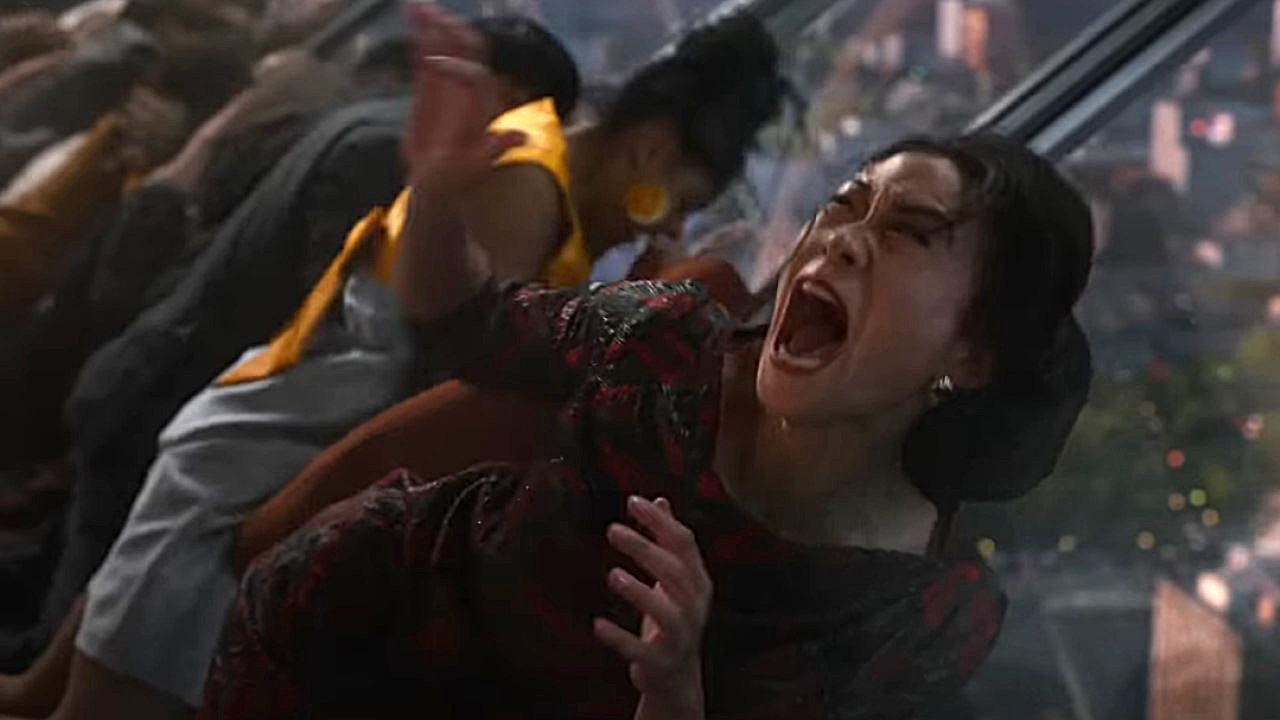
Final Destination: Bloodlines Slaughters The Box Office Competition, While Hurry Up Tomorrow Shows No Sense Of Urgency
By Heidi Venable Published
-

Thunderbolts* (New Avengers?) Successfully Avoids A Bad Marvel Box Office Trend From Recent Years As Sinners Crosses A Milestone
By Eric Eisenberg Published
-
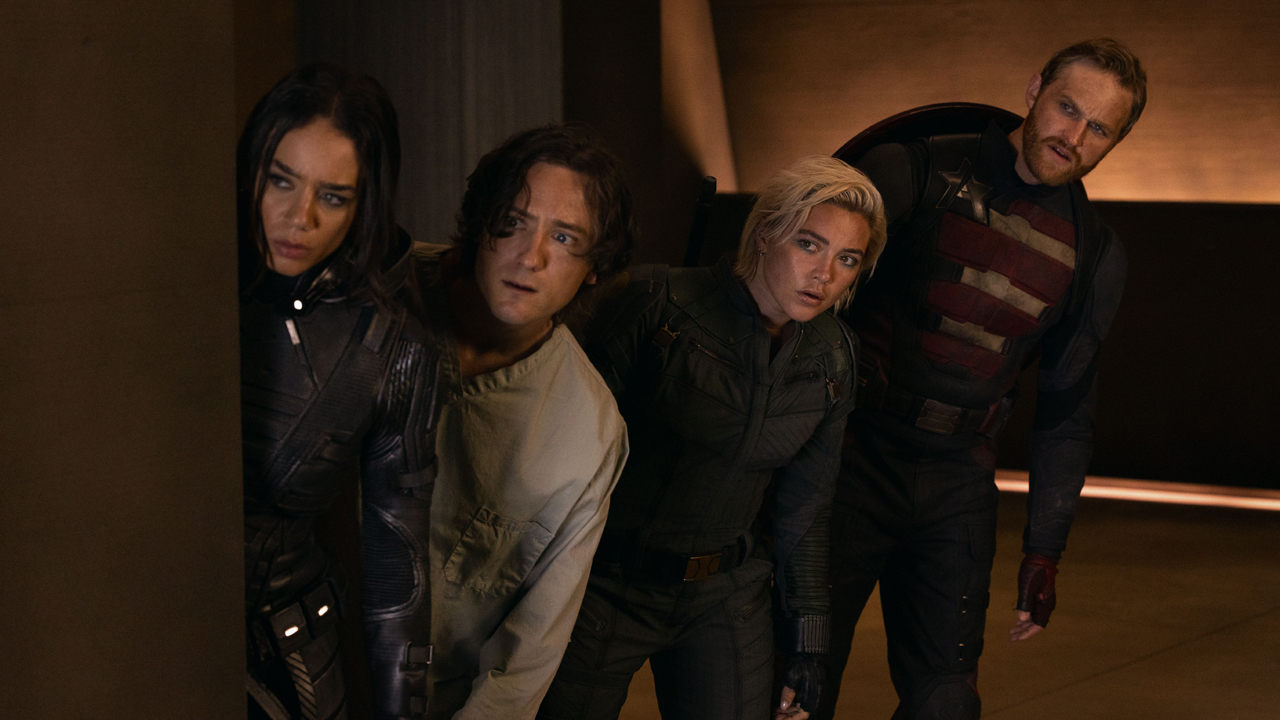
Thunderbolts* Wins The Weekend Box Office, But Sinners Remains An Absolute Powerhouse
By Eric Eisenberg Published
-
Features
-
-
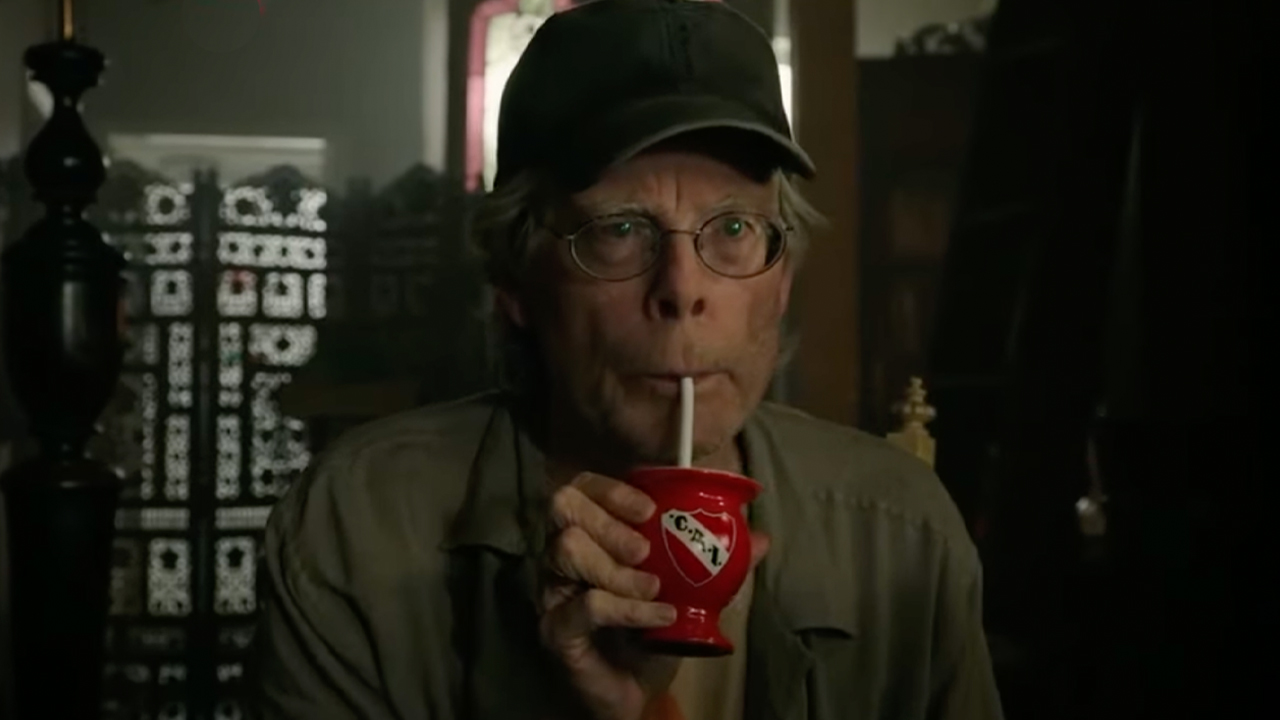
Upcoming Stephen King Movies, TV Miniseries And More
By Eric Eisenberg Last updated
-
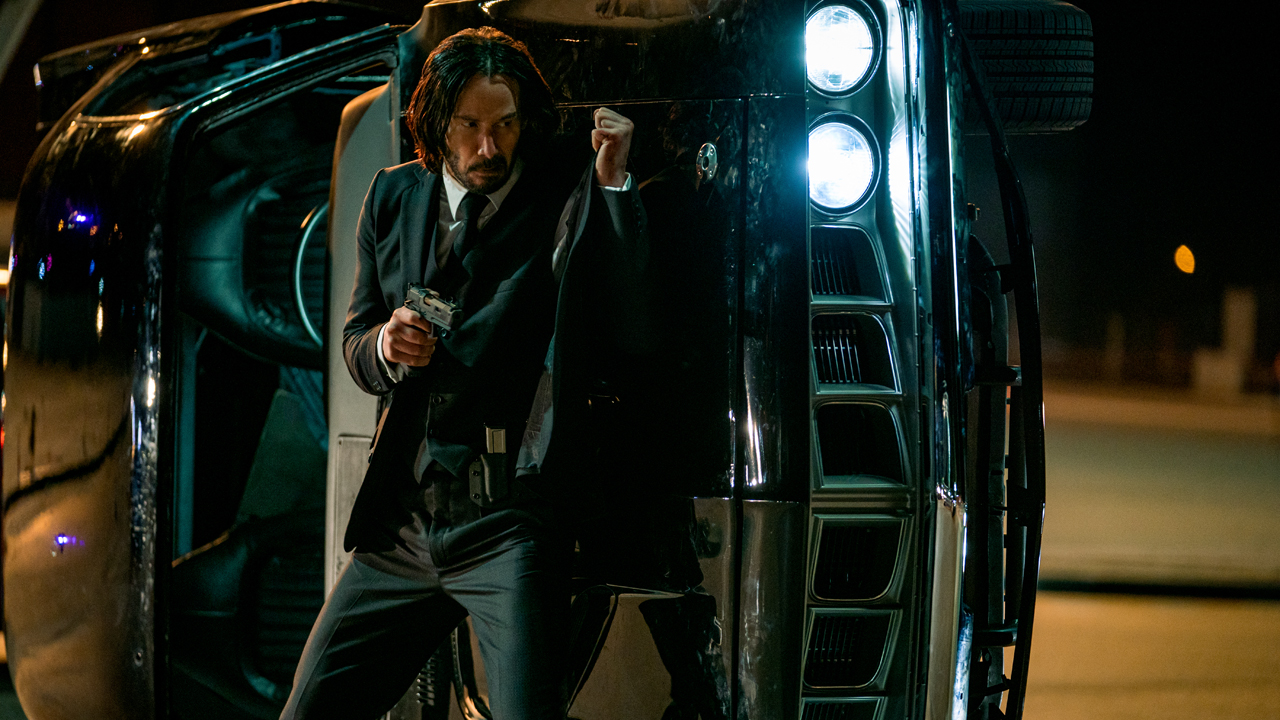
John Wick Kill Count: All The Kills In All Of The Action Franchise’s Movies
By Eric Eisenberg Last updated
-
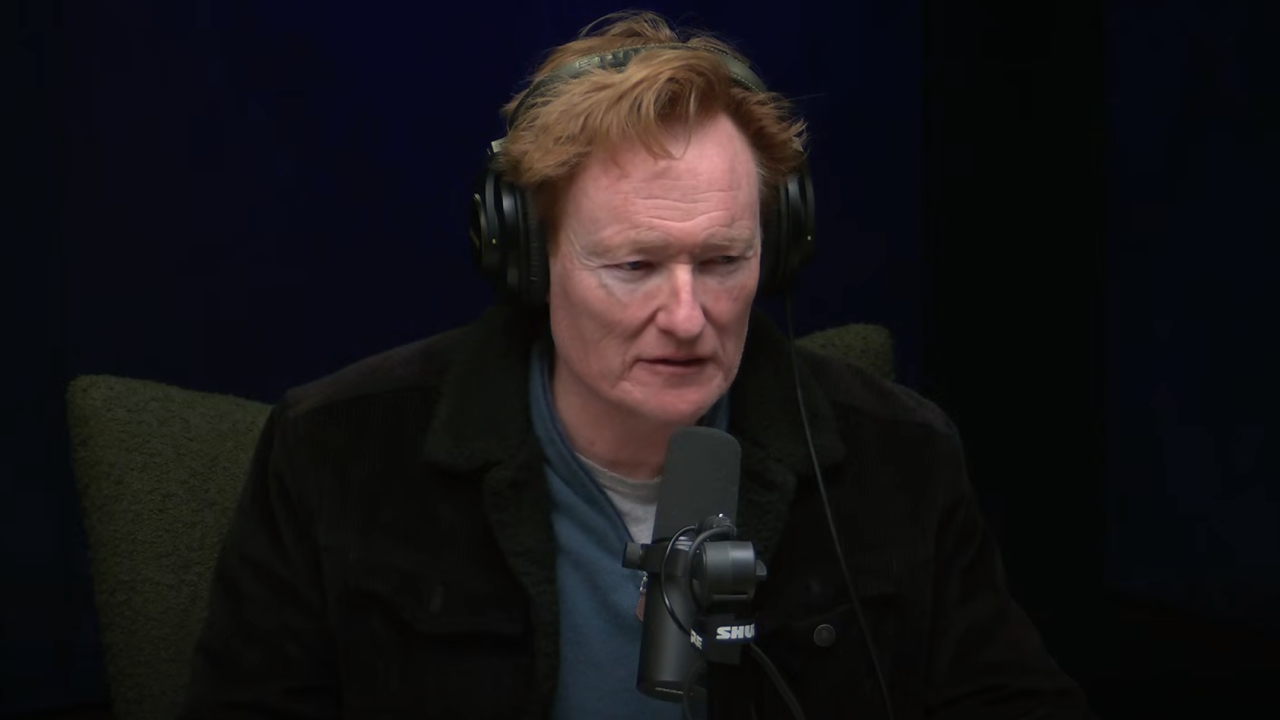
32 Of The Most Popular Podcasts Hosted By Hollywood Stars
By Maggie Sheck Published
-

Upcoming Star Wars Movies And TV Shows
By Eric Eisenberg Last updated
-
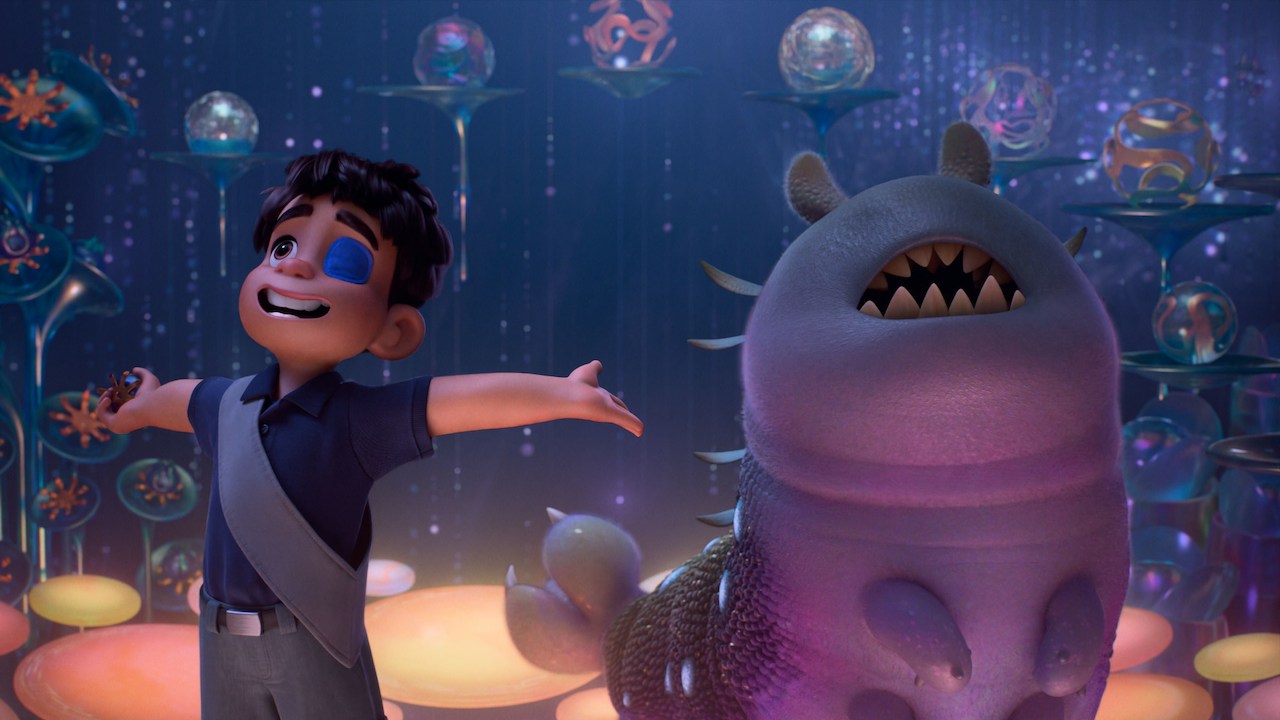
Every Pixar Movie, Ranked From Worst To Best, Including Elio
By Dirk Libbey Last updated
-

Upcoming Book-To-Screen Adaptations: What To Read Before The Movie Or TV Show
By Sarah El-Mahmoud Last updated
-
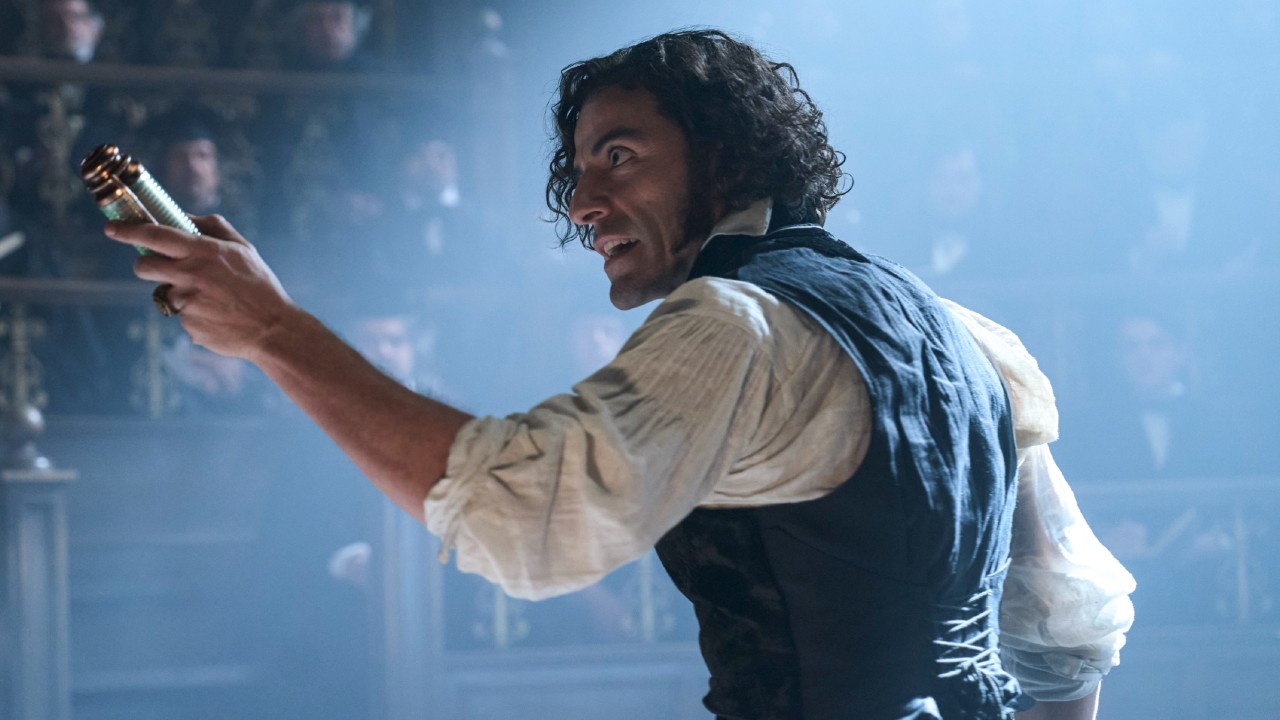
Upcoming Horror Movies: All The New Scary Movies Coming Out In 2025 And Beyond
By Sarah El-Mahmoud Last updated
-
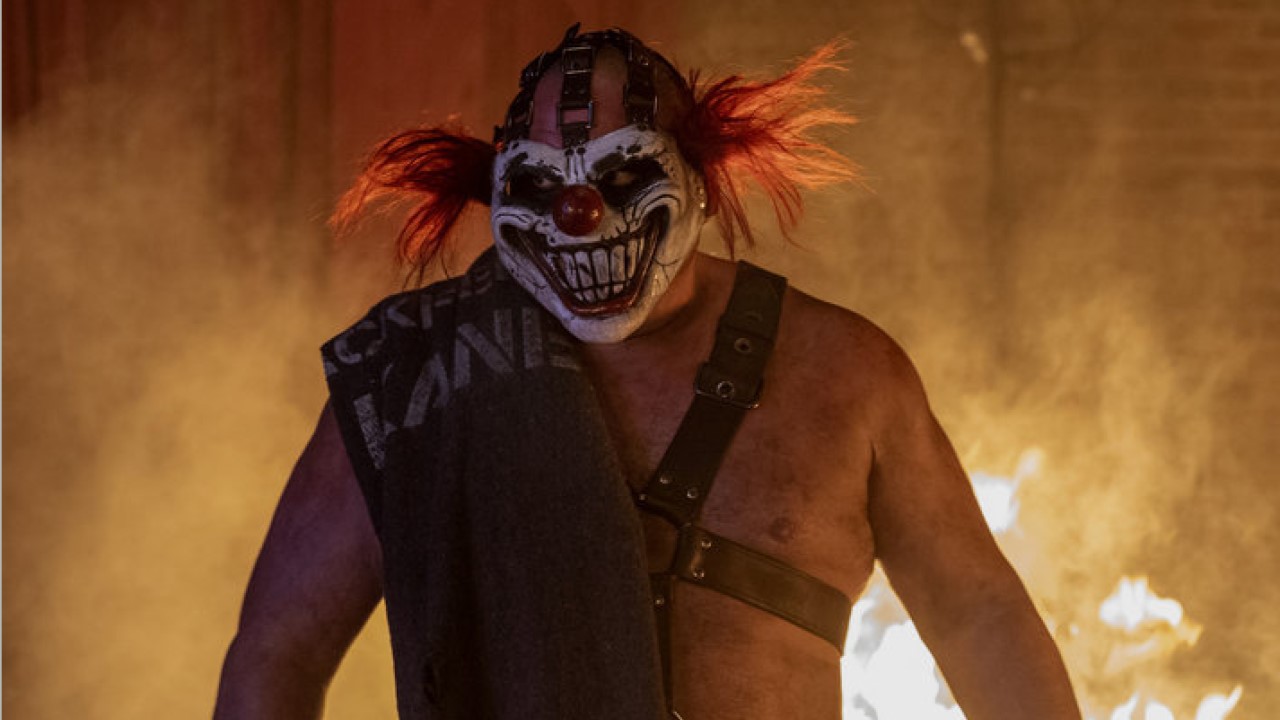
Upcoming Video Game Movies And TV Shows: The Adaptations Coming In 2025 And Beyond
By Philip Sledge Last updated
-
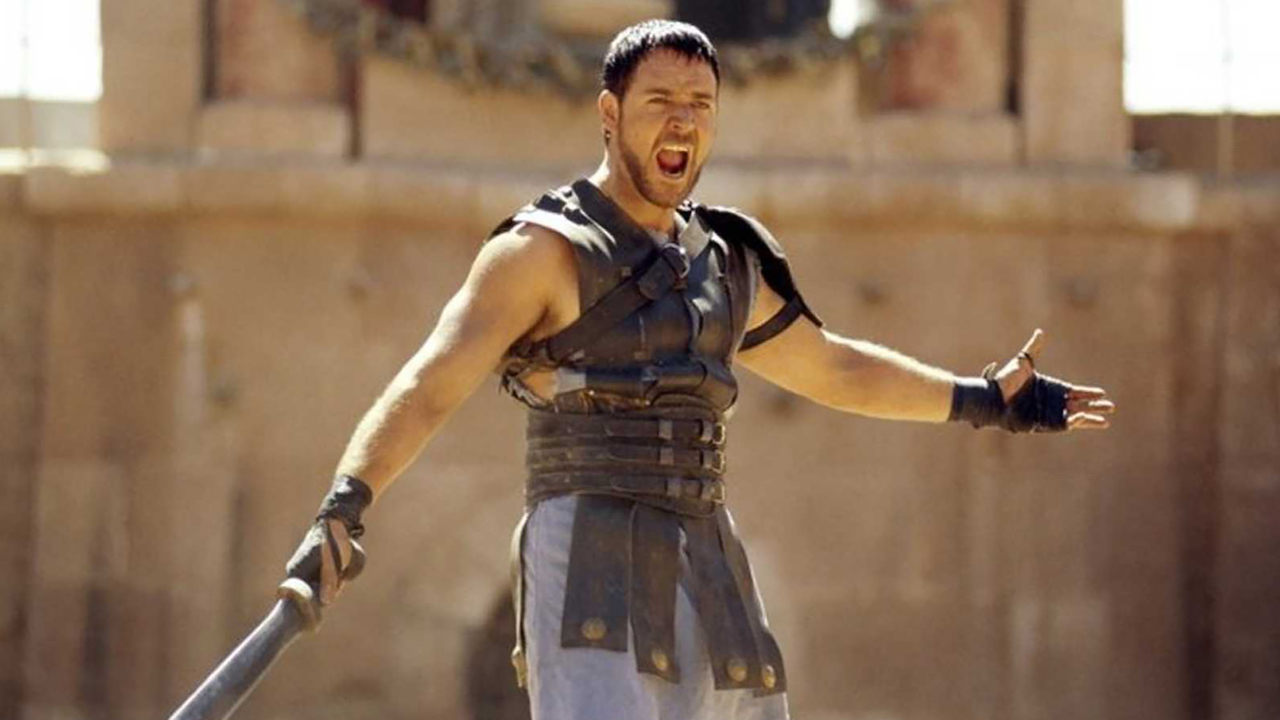
The Best Free Movies Online And Where To Watch Them
By Jason Wiese Last updated
-
More about Movies
-
-

Jason Segel 'Gained A Bunch Of Weight' On A Movie, And He Can Still Remember The Brutal Personal Jabs When It Came Out
By Jessica Rawden Published
-
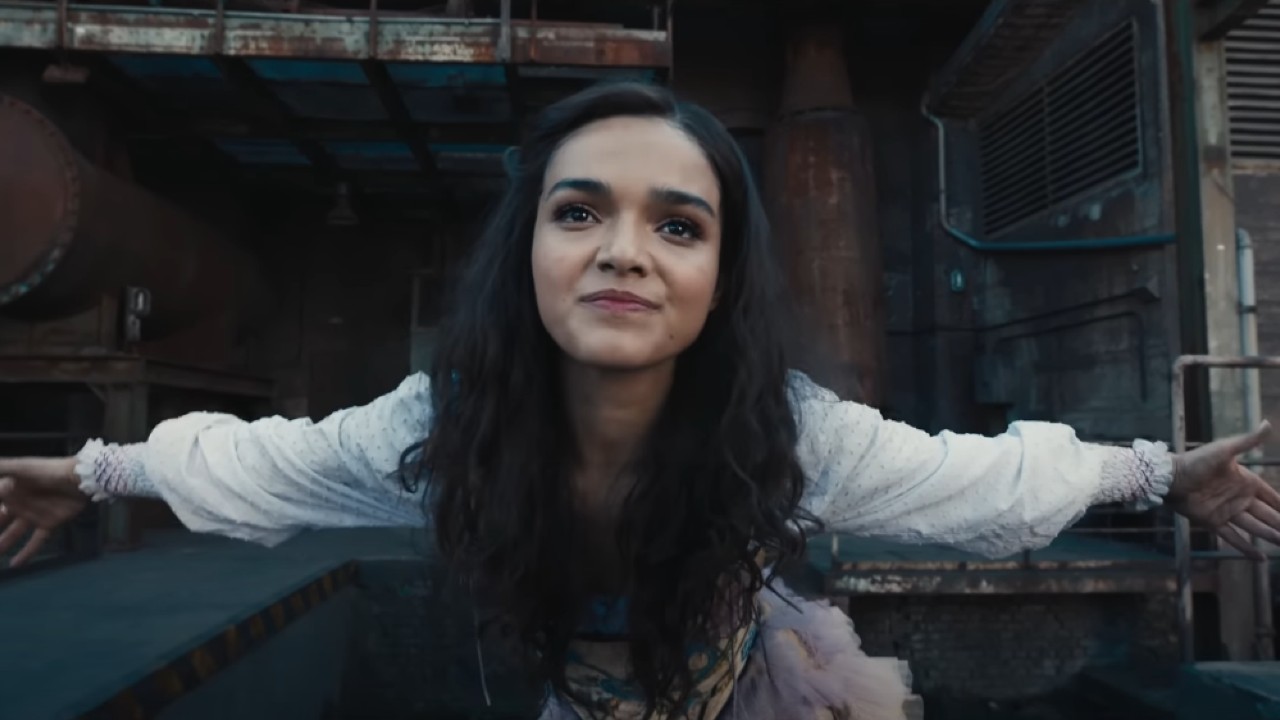
'IYKYK': Why Rachel Zegler Is Celebrating The Hunger Games: The Ballad Of Songbirds And Snakes On The 4th Of July
By Sarah El-Mahmoud Published
-

Lilo And Stitch Is Now No. 1 Globally This Year, But There's One A Minecraft Movie Milestone It Can't Catch
By Heidi Venable Published
-